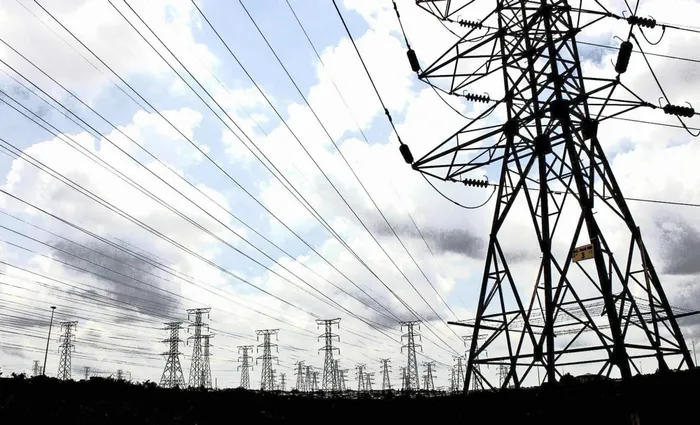Limpopo municipalities owe Eskom R1.6 billion; blame infrastructure tampering and theft
POWER SUPPLY

Electricity and Energy Minister Kgosientsho Ramokgopa placed much of the blame for persistent power supply challenges in Limpopo on illegal activities such as meter bypassing, infrastructure vandalism, and unauthorised electricity connections, particularly in densely populated urban and rural communities.
Image: Independent Newspapers Archives
Municipalities across Limpopo owe Eskom a staggering R1.6 billion in unpaid electricity bills, with the bulk of the debt linked to persistent issues such as electricity theft, infrastructure tampering, and non-payment by end-users.
This was revealed by Electricity and Energy Minister Kgosientsho Ramokgopa over the weekend during a South African Local Government Association (SALGA) indaba attended by local mayors, municipal officials, councillors, and Limpopo Premier Dr Phophi Ramathuba.
Ramokgopa warned that the escalating debt — part of the national municipal debt to Eskom, which now totals R78 billion — poses a major threat to the stability of South Africa’s electricity supply and the financial viability of the power utility.
Of the 27 municipalities in Limpopo, those in the Waterberg District – namely Modimolle/Mookgophong, Thabazimbi, and Bela Bela – are the worst offenders. While these municipalities have been approved for debt relief through the National Treasury, only Bela Bela has met the necessary conditions, having signed an active partnering service level agreement with Eskom.
“A similar agreement was signed by the previous Thabazimbi council, but it was never implemented,” said Ramokgopa. “We have also received commitments from Musina, Makhado, and Mogalakwena municipalities to improve payment compliance, but action must follow those words.”
Ramokgopa placed much of the blame for persistent power supply challenges in Limpopo on illegal activities such as meter bypassing, infrastructure vandalism, and unauthorised electricity connections, particularly in densely populated urban and rural communities.
“These illegal connections are overloading the system, leading to repeated failures and transformer explosions,” he explained. “This compromises the overall security of the electricity grid and forces Eskom to implement targeted load reduction.”
In the last 21 months alone, Eskom has spent R4.3 million replacing damaged transformers in the province, most of which failed due to overloading caused by illegal use.
To protect its infrastructure, Eskom has implemented load reduction in high-theft areas to manage demand and reduce further damage. These measures, while aimed at safeguarding assets, have left thousands of legal electricity users frustrated as they endure rolling blackouts, despite paying their bills.
SALGA Limpopo provincial chairperson John Mpe appealed to municipalities to urgently settle their Eskom debts and improve credit control systems. He also urged residents to support Eskom and law enforcement in tackling electricity theft.
“Communities must stop treating illegal connections as normal,” said Mpe. “They are destroying public infrastructure and driving municipalities deeper into debt.”
He called on residents to report illegal connections and to support municipal efforts to improve revenue collection.
With national load shedding already placing South Africa’s power grid under strain, Ramokgopa warned that if municipalities in Limpopo do not get their finances and infrastructure in order, the crisis could worsen.
“Municipalities need to meet their obligations or risk being disconnected,” he said. “Electricity theft is not just a technical problem – it’s a threat to our energy future.”